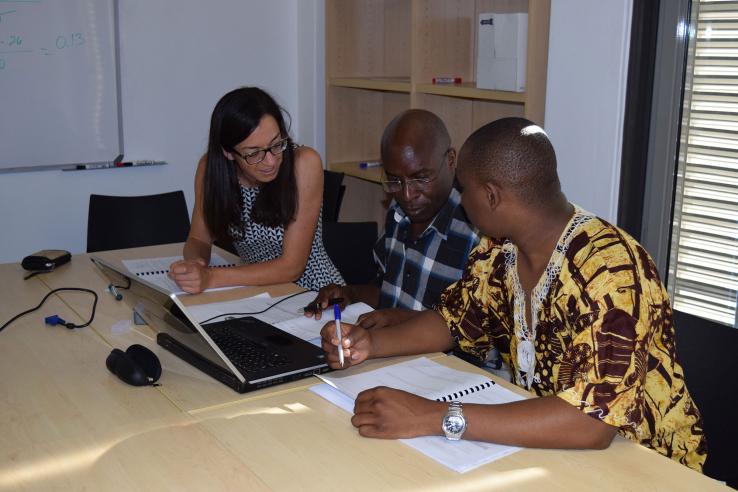J-PAL/IPA Executive Education: Evaluating Social Programs, Uganda 2018

Program Objectives
This five-day in-person training gives participants a thorough understanding of why and when researchers and policymakers might choose to conduct randomized evaluations and how randomized evaluations are designed in real-world settings. The course covers basic concepts related to measuring impact through randomized evaluations and discusses technical design choices as well as pragmatic considerations when conducting a randomized study. It reviews the benefits and methods of randomization, how to choose an appropriate sample size, and common threats and pitfalls to the validity of an experiment. It also covers the importance of a needs assessment and a theory of change, and how to measure outcomes effectively—tools that are critical for all program evaluations.
Program Focus
The following key questions and concepts are covered:
- What is an evaluation?
- Why and when is a rigorous evaluation of social impact needed?
- The common pitfalls of evaluations and how randomization helps avoid them.
- The key components of a good randomized evaluation design.
- Alternative techniques for incorporating randomization into project design.
- How do you determine the appropriate sample size, measure outcomes, and manage data?
- Guarding against threats that may undermine the integrity of the results.
- Techniques for the analysis and interpretation of results.
- How to maximize policy impact and test external validity.
- Understanding and using the Theory of Change framework.
See the agenda for a full list of sessions.
Target Audience
The course is designed for directors, managers, officers, and researchers from governments, NGOs/nonprofits, international development organizations, and foundations, as well as trained economists looking to retool.
Former participants say:
“Great opportunity to design and receive feedback on our own evaluations.”
“Really enjoyed the teaching methods. The initial exposure to case studies was then solidified through lectures and small group work. The constant interaction kept students engaged throughout.”
“I enjoyed this training very much and thought the experience was excellent. I still am buzzing whenever I speak about it. There were many wonderful aspects: the working groups, the quality of the other students, the quality of the TAs and the seriousness and dedication of the training effort. It was absolutely first-class.”
Key Information
| Dates: | 6 – 10 August 2018 |
| Location: | Kampala, Uganda |
| Contact: | Aimee Hare ([email protected]) |
Please complete the application form by June 22, 2018 to be considered for the course.
The fee structure for the course includes breakfast, lunch, beverages, and snacks, as well as a group dinner. It does not include travel or accommodation.